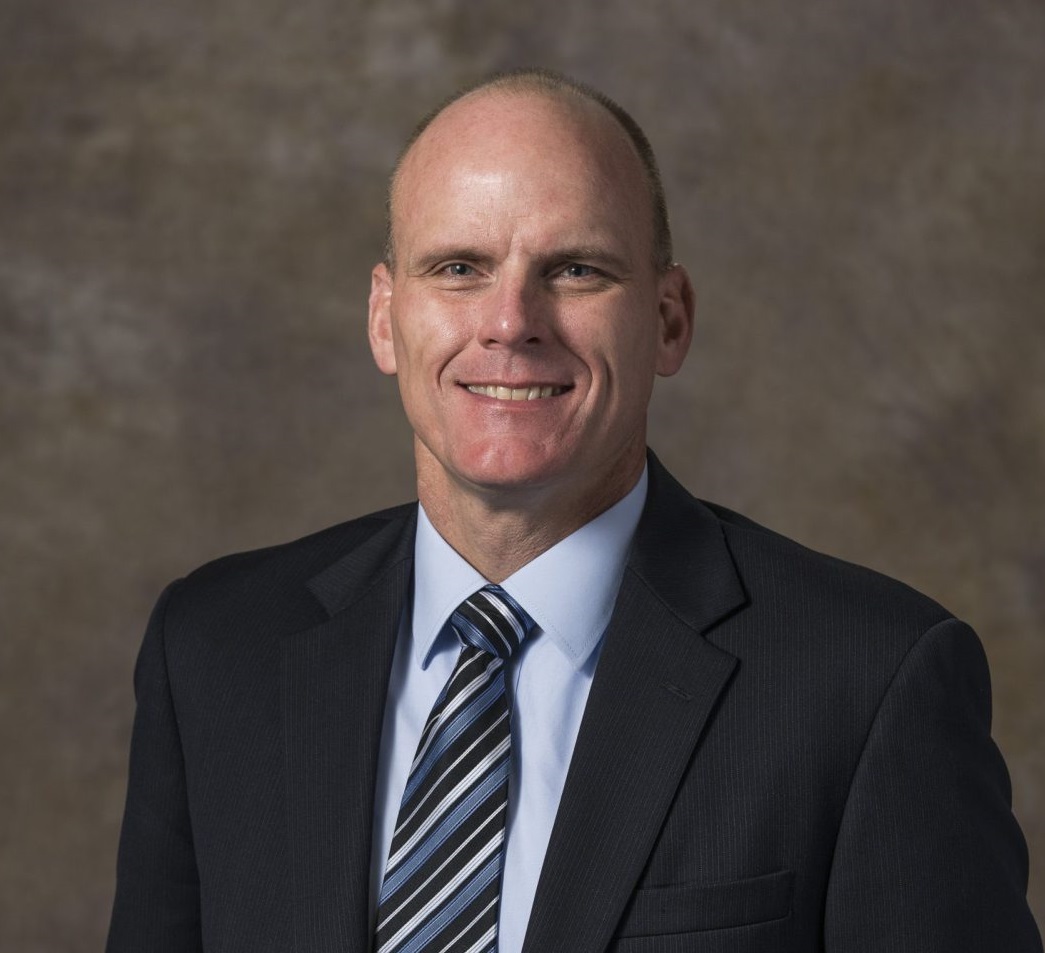A key staffer at the Springfield Area Chamber of Commerce is meeting with executives in the Ozarks region to discuss the formation of a nonprofit focused on regional development.
Dean Thompson, executive director of regionalism and economic development at the Springfield Area Chamber of Commerce, said in one to two months, the initial executive memberships of the nonprofit should be announced — if the newly formed group feels the nonprofit is a viable endeavor. Thompson has already begun some talks with executives, he said.
The executives are “confidential at this point, but there's some that have already approached me and want to be part of this process,” Thompson said in an interview with the Hauxeda Jan. 18, adding it's going to take the right mix of executives in the initial days to get the nonprofit off the ground.
The people who have approached him are “the people that need to be at this table,” Thompson said.
On Jan. 11, a Hatch Foundation-funded study was released highlighting the need for the formation of a nonprofit focused on developing regionalism in southwest Missouri. Ted Abernathy, the author of the study, wrote that the nonprofit should focus on workforce attraction and growth, improving regional quality of life and regional branding for a 10-county region in southwest Missouri. Abernathy wrote in the report that the nonprofit should embrace a “pay-to-play” model to attract private sector investment.
Thompson 'highly unlikely' to take top role at new nonprofit
While Thompson would be a shoo-in to be the executive director of the nonprofit given his background in regionalism development, he said it is "highly unlikely" that he would take the job if it was offered.

"If there's one thing I've learned in life, I don't want to say never, but at this point, none of that's on the radar screen," Thompson said, adding that his plate is already full. He's "on loan" to the Springfield Chamber from City Utilities and plans to go back to CU when he's finished his role at the chamber, he said. He also serves in the U.S. Army Reserves.
His focus will be to gather the initial group of executives to form the regional nonprofit and help the group hire an executive director, Thompson said.
"We wanted to make sure whatever happened got off the ground," Thompson said. "If they decide to move forward with it," it will "hire a full-time director. Then I would be consulting to help them transition."
Thompson's first move will be to get the right stakeholders in the room to discuss the creation of a nonprofit focused on fostering regionalism.
"I think looking at my involvement initially is to be the person to help get the support, have those conversations, pull people to the table," Thompson said. "And then talk about what governance looks like and if you're going to create a 501(c)(3)."
Community-minded members who want to be part of 'transformational' effort
The right mix of people to form the initial nonprofit membership will be difficult to attain, Thompson said. But it's the "critical part" of the process.
"This is probably more of an art than it is a science if you got to get the right people at the table," Thompson said.
Thompson will aim to tackle getting initial membership within the next two months. He's looking for executives with purse-power that are focused on the community growth as well as their own company's needs, he said.
The executives have to be "very community-minded and say 'You know, some of this may not pertain exactly to us, but we want to be a part of this transformational effort for the region," Thompson said.
Thompson said he is focused on getting the right people to the table, and then the funding will come after.
"What I've found in dealing with a lot of our businesses, if you approach them with a solid vision, a plan of purpose and demonstrate how it has a positive impact, the money follows," Thompson said.
Until a new stand-alone nonprofit is established, Abernathy wrote in the study that he recommends that the effort be placed in an existing foundation until the nonprofit can be incorporated and organized. Thompson said the only reason the body should be placed in another entity, like the Community Foundation of the Ozarks or the Hatch Foundation, is for space, not governance.
"There wouldn't be a CFO or a Hatch or another nonprofit governing it," Thompson said. "I would think about more of the office space."
Membership would have tiers

In the study, Abernathy suggested that the regionalism nonprofit initially be comprised of eight executives. Thompson said eight is a good number to start with, but as the organization progresses, there may be the need for different tiers of membership.
Each tier would require a different investment amount on the part of the members. For instance, a certain dollar-figure investment would get a member a seat on the board, and another investment would get a member an executive-level membership. Then there could be some companies that only want to be involved minimally, and that would be a different tier, Thompson said.
"If we do this right, we're going to want people in the room and there may be different tiers," Thompson said. "The question then becomes, you know, what do they want to be involved in and at what level?"
While no communications with possible members has been disclosed, Thompson said some of the biggest companies with a regional footprint are the first he will seek. The group could include Bass Pro Shops, O'Reilly Auto Parts, O'Reilly Hospitality Management, FORVIS, Jack Henry and Associates, Springfield Recycling Center, Prime Trucking and many more companies.
"A lot of these people have a vision that's beyond just their business," Thompson said. "Their kids live here, their grandkids live here."

